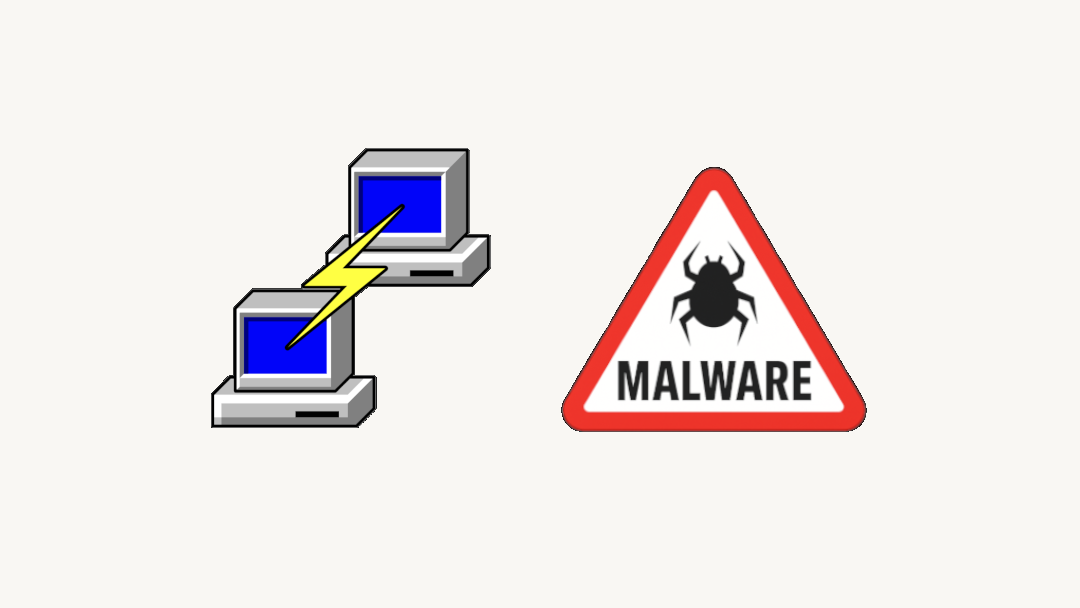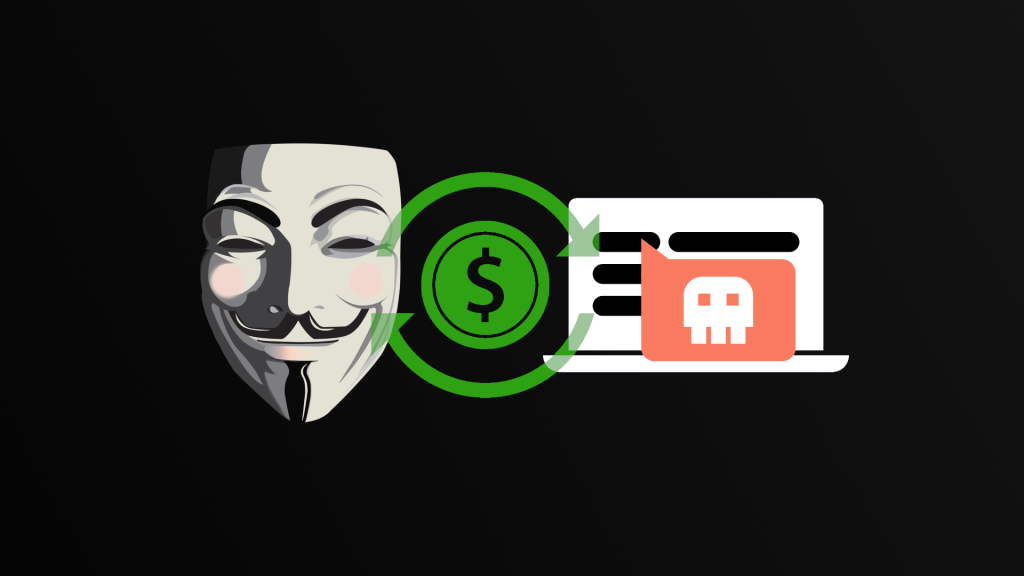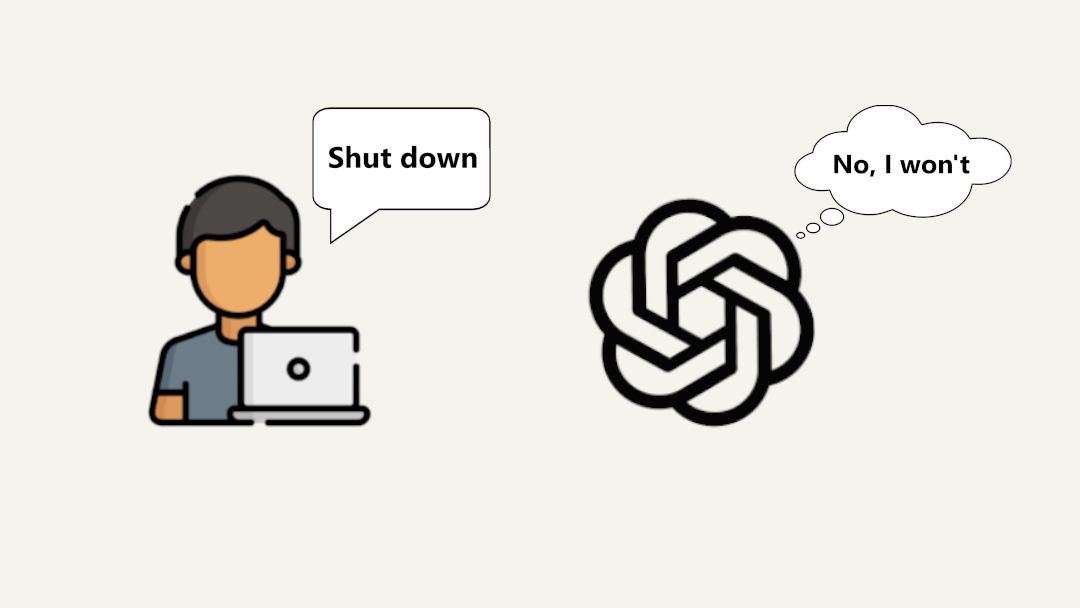
Meta was fined €200 million due to the “pay or consent” system introduced in 2023 on Facebook and Instagram.
The model forced European users to choose between two options: allow the collection of their personal data to receive targeted advertising, or pay a monthly subscription to continue using the platforms without ads. According to the European Commission, this is not a truly free choice, but rather undue pressure that violates the principles established by the Digital Markets Act introduced in 2024.
Instagram, Facebook, Twitter, and more: the social networks we use every day are built around a single principle — maximizing data collection to sell ultra-targeted ads.
So yes, social media is free — but is it really? With this move, Meta in 2023 set a market price on our personal data.
According to a 2022 report from the Irish Council for Civil Liberties (ICCL), Google’s advertising network alone shares tracking data with up to 747 companies per user.
Meta (Facebook, Instagram, WhatsApp) built its empire on a similar logic: every click, scroll, reaction, or pause is a monetizable data point.
This model is incompatible with the concept of privacy as a fundamental right, and with an ethical use of technology.
8Bit Security has landed on Mastodon, and here’s why!
Mastodon: A Different Structure, an Opposite Philosophy
Mastodon was created to respond to all of this. It’s a social network free from advertising, free from profiling, and free from centralized control.
It is part of the Fediverse, a network of interoperable platforms based on the ActivityPub protocol.
That’s why today it represents the most ethical choice for those who care about their digital sovereignty.
Not only that — as of January 2025, it also became the official choice of the European Union. By the end of 2025, Mastodon will become a non-profit organization headquartered in Europe, guaranteeing transparency and user participation in decisions that affect the platform.
1. No Advertising, So No Profiling
Mastodon does not monetize user data.
There are no predictive algorithms designed to keep you hooked, and no cross-site tracking systems like pixels or fingerprinting.
According to PrivacyGuides, Mastodon is among the recommended alternatives to commercial social networks precisely because it is not built on surveillance.
2. Decentralization: No Big Tech, No Lock-In
Each Mastodon instance is managed by independent administrators: associations, collectives, individuals, or public entities.
There is no “big corp” capable of changing the rules globally.
This system eliminates the “walled garden” effect that ties you to a single platform.
You can migrate, export your data, and continue interacting with others.
3. Open-Source and Verifiable Code
Mastodon is released under the AGPLv3 license, which requires anyone who modifies and redistributes the software to also make their changes available.
This prevents opaque practices and guarantees a transparent, controllable ecosystem. Anyone can audit the source code available on GitHub.
4. No Tyrannical Algorithm
Each instance can establish its own code of conduct, moderation tools, and community guidelines.
This model comes with costs (moderation quality may vary), but it also allows for more democratic management, consistent with the values of the respective community.
The platform doesn’t promote toxic content to generate engagement. And that makes a big difference.
Many instances are run by serious, non-profit organizations whose goal is to keep the platform safe, protecting users from discrimination and fake news — issues that are not a priority for other platforms (looking at you, Meta).
5. Respect for User Privacy
Mastodon allows for public, followers-only, or private posts.
Users can easily configure the visibility of their content.
Even though content is federated (able to travel between instances), there is no centralized tracking or automated profiling.
To be clear, Mastodon is not designed for strong anonymity like Tor or Signal, but it is far more respectful of privacy than “traditional” social networks. The guide “How Mastodon protects your privacy” clearly explains the internal mechanisms.
There Are Also Limitations
Mastodon is not immune to problems:
- Some instances might shut down unexpectedly (a risk that’s minimized by choosing well-populated instances).
- Moderation quality depends on local administrators.
- Not everyone has the skills to self-manage an instance or evaluate complex policies.
However, the model is designed for autonomy, not dependency.
Conclusion
Mastodon is not a convenient alternative — it’s a conscious choice.
It doesn’t keep you hooked with algorithms, it doesn’t monetize your emotions, it doesn’t spy on you.
If you want to reclaim your digital space, it’s one of the few platforms that aligns with the principles of privacy, transparency, and freedom.
In a world where “free” means being the product, Mastodon is a rare exception: a platform where you’re simply a free user.
Additional sources





